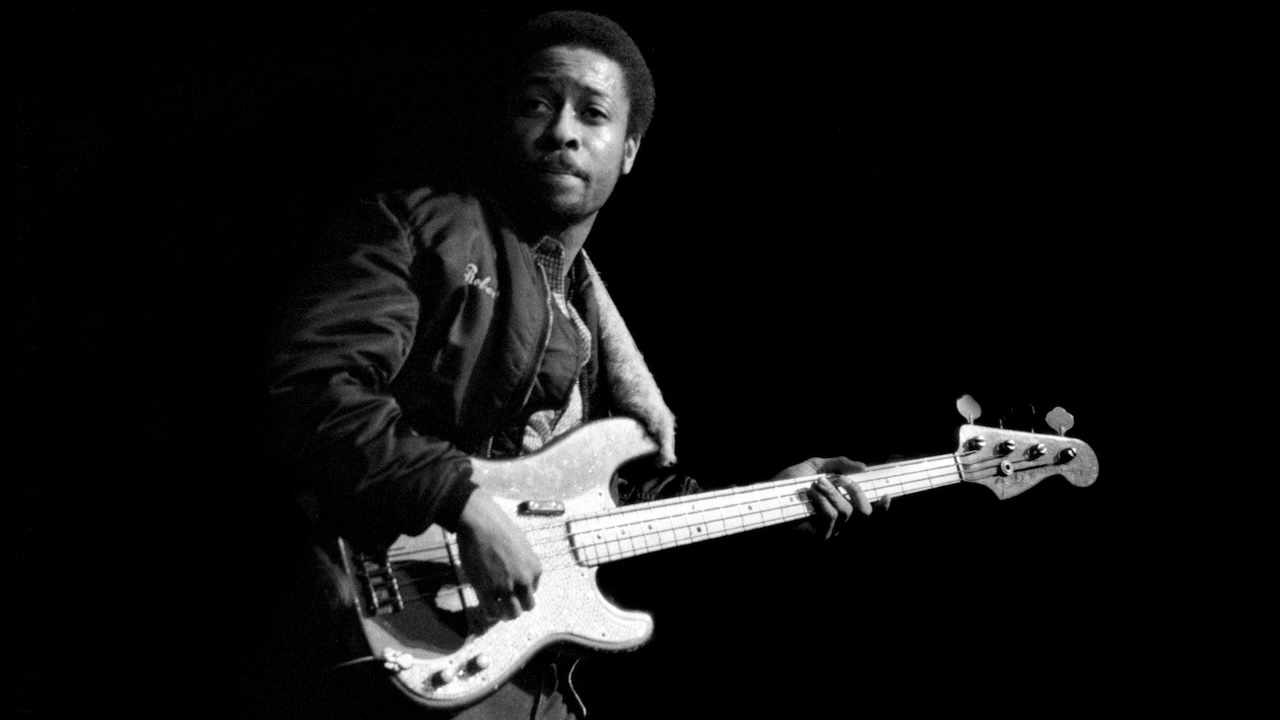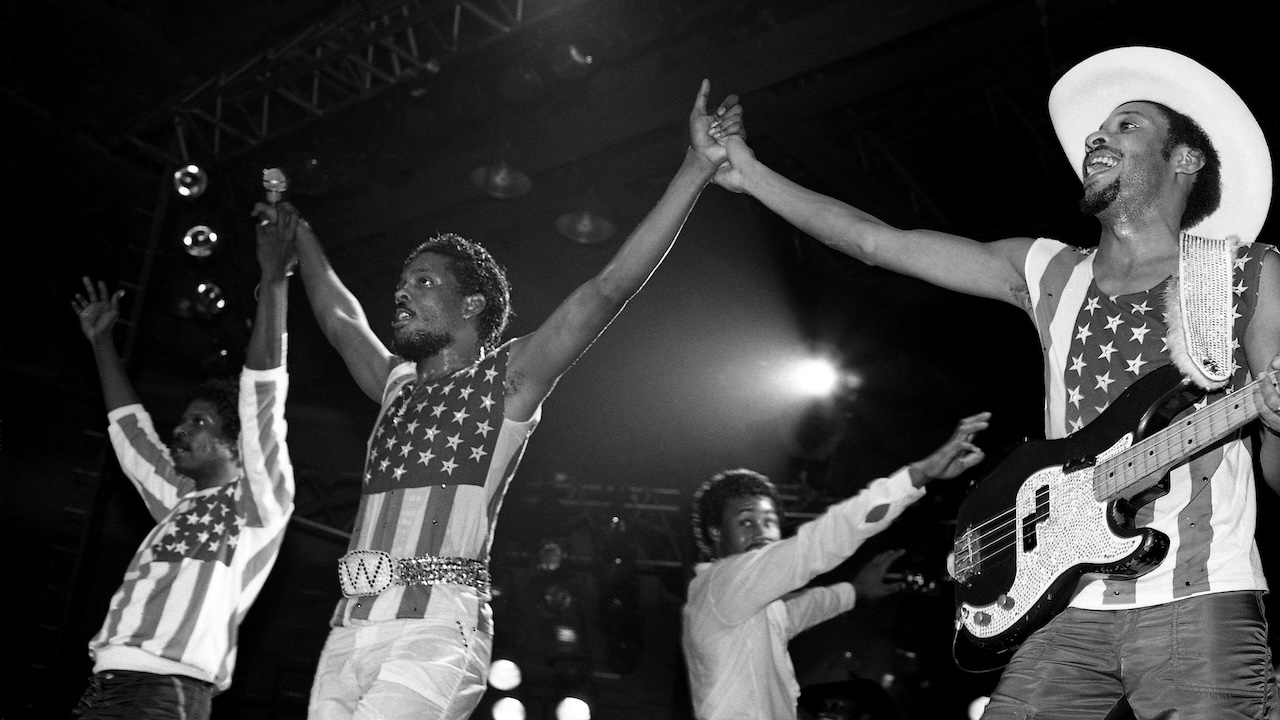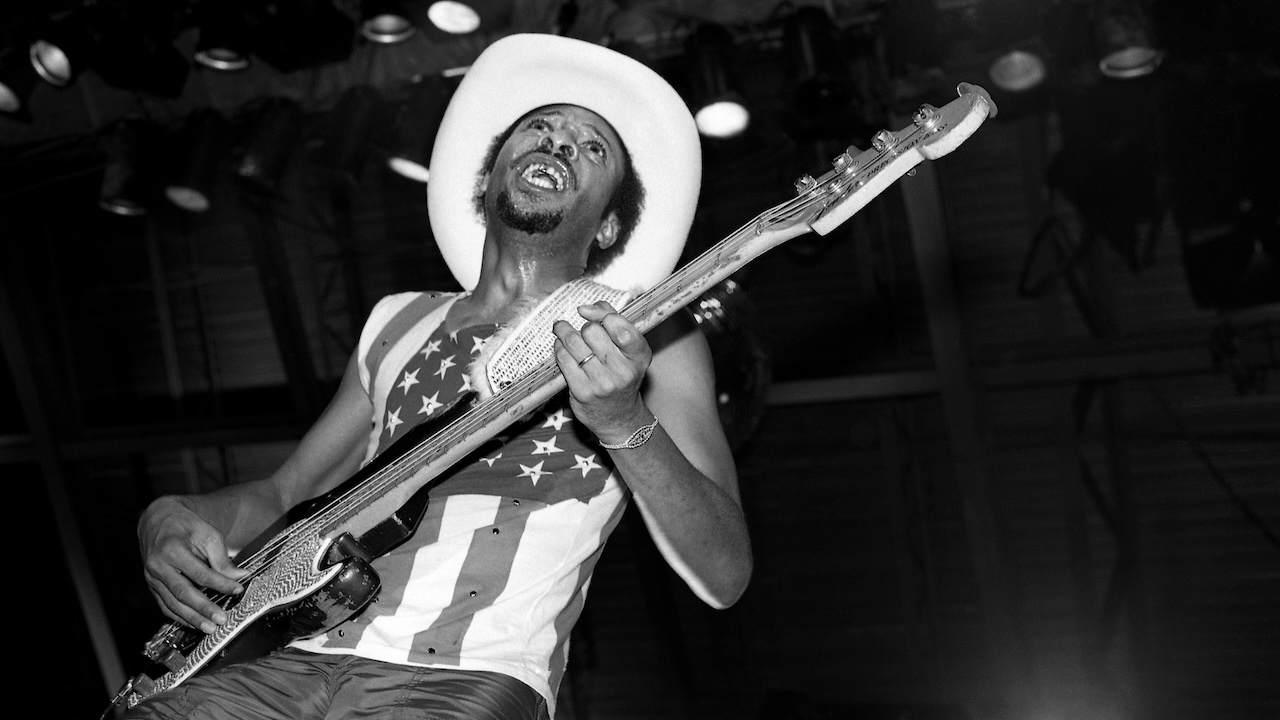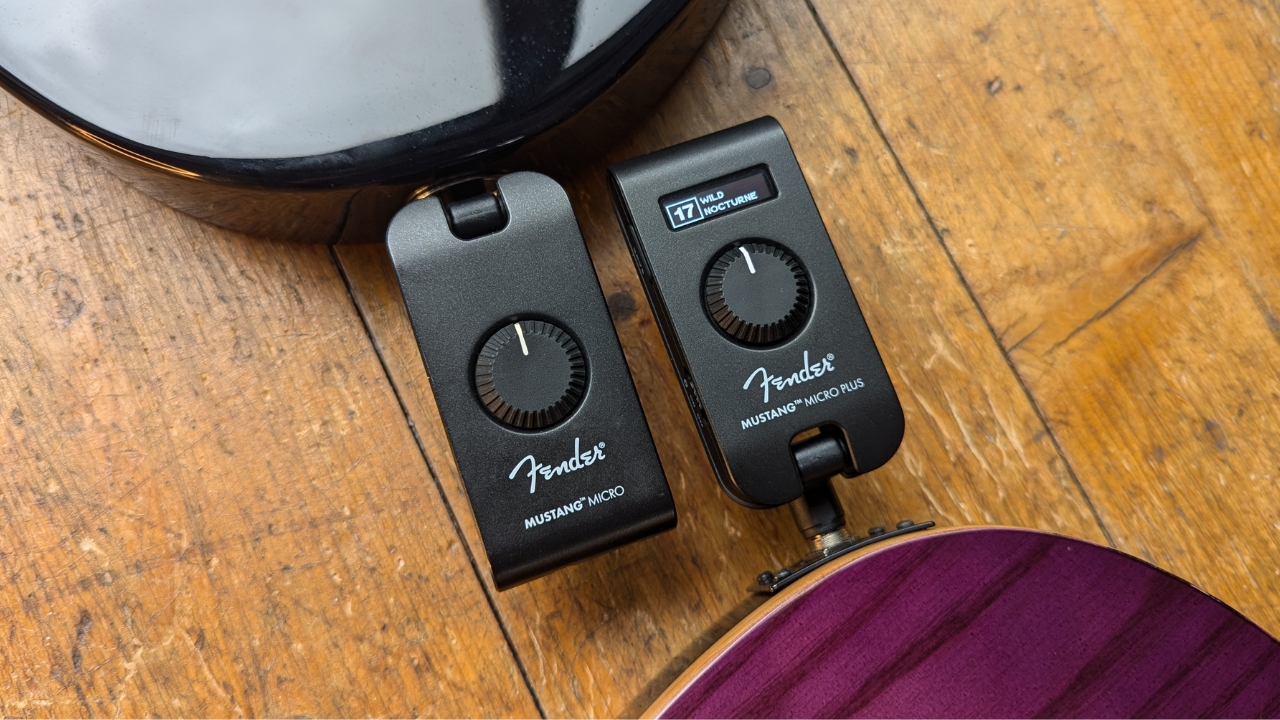“It’s nasty and greasy and oozing funk. It’s a masterclass in funk bass”: Robert Wilson had his step-out performance on this Gap Band classic, which features two bass parts, both cut on a flatwound-strung P-Bass
The main riff is likely familiar to many via Victor Wooten’s song Bass Tribute

Like James Jamerson and Bernard Edwards before him, the late Robert Wilson (who succumbed to a heart attack at age 53 on August 15, 2010) is well on the path to receiving long-overdue accolades and posthumous appreciation for his highly original, influential bass guitar style.
Wilson and his older brothers – vocalist/keyboardist Charlie and trumpeter/keyboardist Ronnie – were born in Tulsa, Oklahoma, and learned to sing and play at their father's Pentecostal Church and via lessons at home. By their teens they formed the Greenwood, Archer & Pine Street Band, which was soon shortened to the GAP Band.
Charlie moved to Los Angeles in the early-'70s, summoning his brothers soon after. Now nine pieces strong, the R&B/funk group issued albums in 1974 and 1977 that failed to take flight. However, their 1979 self-titled debut on Mercury reached the Top Ten, led by Shake and Open Up Your Mind (Wide).
That set the stage for such No. 1 R&B hits as Burn Rubber (Why You Wanna Hurt Me), You Dropped a Bomb on Me, and Outstanding.

Wilson, who talked about his solid, singular approach in the October 2005 issue of Bass Player – “Bass is all about creating a mood” – had his step-out performance on Shake.
The horn-drenched dance tune about a financially strapped sort who goes to the disco to “shake my booty” whenever he gets a “couple of dollars,” boasts a lead and a support bass track, both cut on Wilson's flatwound-strung P-Bass.
“I wore out that single trying to learn Robert's solo,” said LA session player, Rickey Minor in the December 2010 issue of Bass Player.
All the latest guitar news, interviews, lessons, reviews, deals and more, direct to your inbox!
“It's nasty and greasy and oozing funk, and it flows so effortlessly. He had a way of bending and scooping the notes that makes you think he's speaking another language. It's definitely a masterclass in funk bass.”
The song begins with Wilson's held open E in the bass track, his doubling of the guitar line on his lead track in bar 2 (playing the flat 9 and 7th of the chord), and then back to his bass notes in bars 3-4.
At bar 5, it's all Wilson's emotive lead bass. The riff is likely familiar to many via Victor Wooten's song Bass Tribute from his 2005 album, Soul Circus.
Said Wooten, “In Bass Tribute I played licks by many of my favorite bass players, but not only did I copy this lick, I actually switched from my song to Shake for a while, so I could showcase Robert's amazing work.”
Wilson settles into his bass groove at 00:32, using an interesting tritone approach note (Ab, against the D7 chord) in the first half of each two-bar phrase. He continues this pattern with subtle variations through the first verse, the chorus, the horn soli transition, the second verse (catch the high D string pop at 02:18), and the second chorus.
The breakdown at 02:42 features an arpeggiated line in what may be a nod to Earth, Wind & Fire's Shining Star. Then we're back to the chorus, but with a new chord progression. Wilson assumes his previous funky approach.

03:35 marks a return of the intro to set up a lengthy stretch of lead bass solo fills over the out chorus – this time cheered on by Charlie Wilson, who can be heard urging, “Get it Robert,” at 03:45.
Wilson doubles his fills with his wordless vocals, à la George Benson. The device adds depth to the notes and phrasing, starting with his gorgeous laid-back lick at 03:47. Other signature moves include his use of hammer-ons, trills, and subtle vibrato and string bends, as well as his flurry of descending pentatonic bursts.
Key insight to his solo efforts can be found in this thought from his October 2005 Bass Player interview: “I always wanted to play lead guitar, so I'll play all the lead licks that I hear in my head. As long as you leave the bottom on the one, you can be more aggressive on beats two and four. You just have to know how to get back to the one. That way you can keep your licks in perspective.”
The coda goes to Victor Wooten: “Robert felt proud to be honored in my Tribute song because no one had ever recognized him for his work, but I've always believed that many of the world's greatest musicians are unknowns who have never been recorded.
“Fortunately for us, much of Robert Wilson's work has been documented, and there's much we can learn from it. Let's remember this incredible musician and make sure he remains one of the recognized heroes of the bass.”
You can hear Wooten's nod to Shake at 03:44 of Bass Tribute.
Chris Jisi was Contributing Editor, Senior Contributing Editor, and Editor In Chief on Bass Player 1989-2018. He is the author of Brave New Bass, a compilation of interviews with bass players like Marcus Miller, Flea, Will Lee, Tony Levin, Jeff Berlin, Les Claypool and more, and The Fretless Bass, with insight from over 25 masters including Tony Levin, Marcus Miller, Gary Willis, Richard Bona, Jimmy Haslip, and Percy Jones.
You must confirm your public display name before commenting
Please logout and then login again, you will then be prompted to enter your display name.


